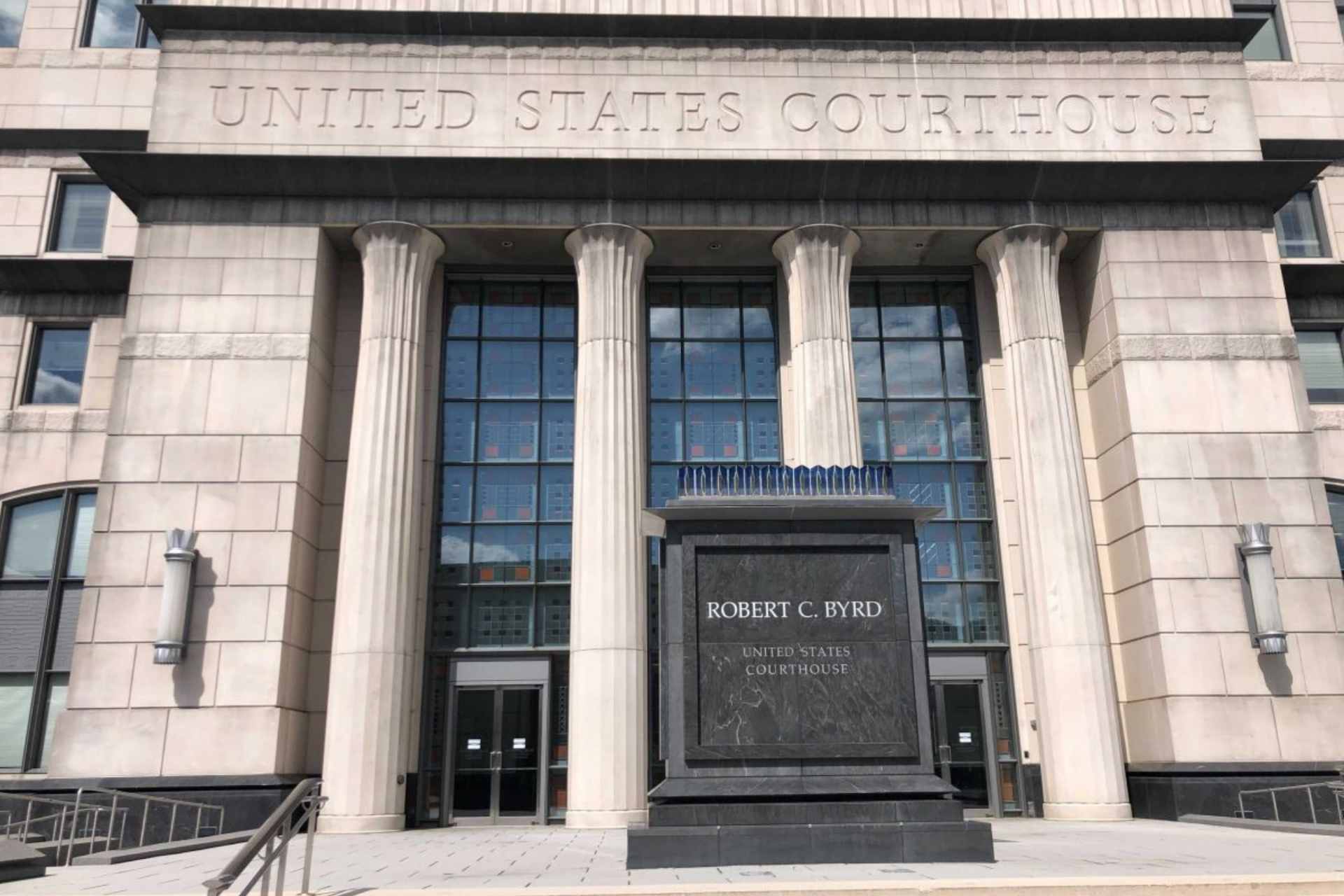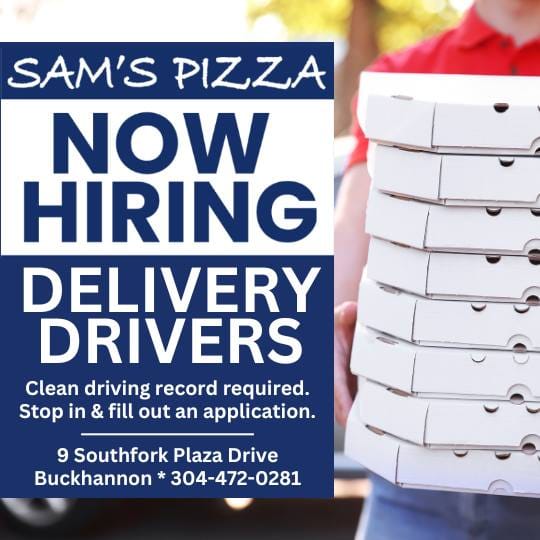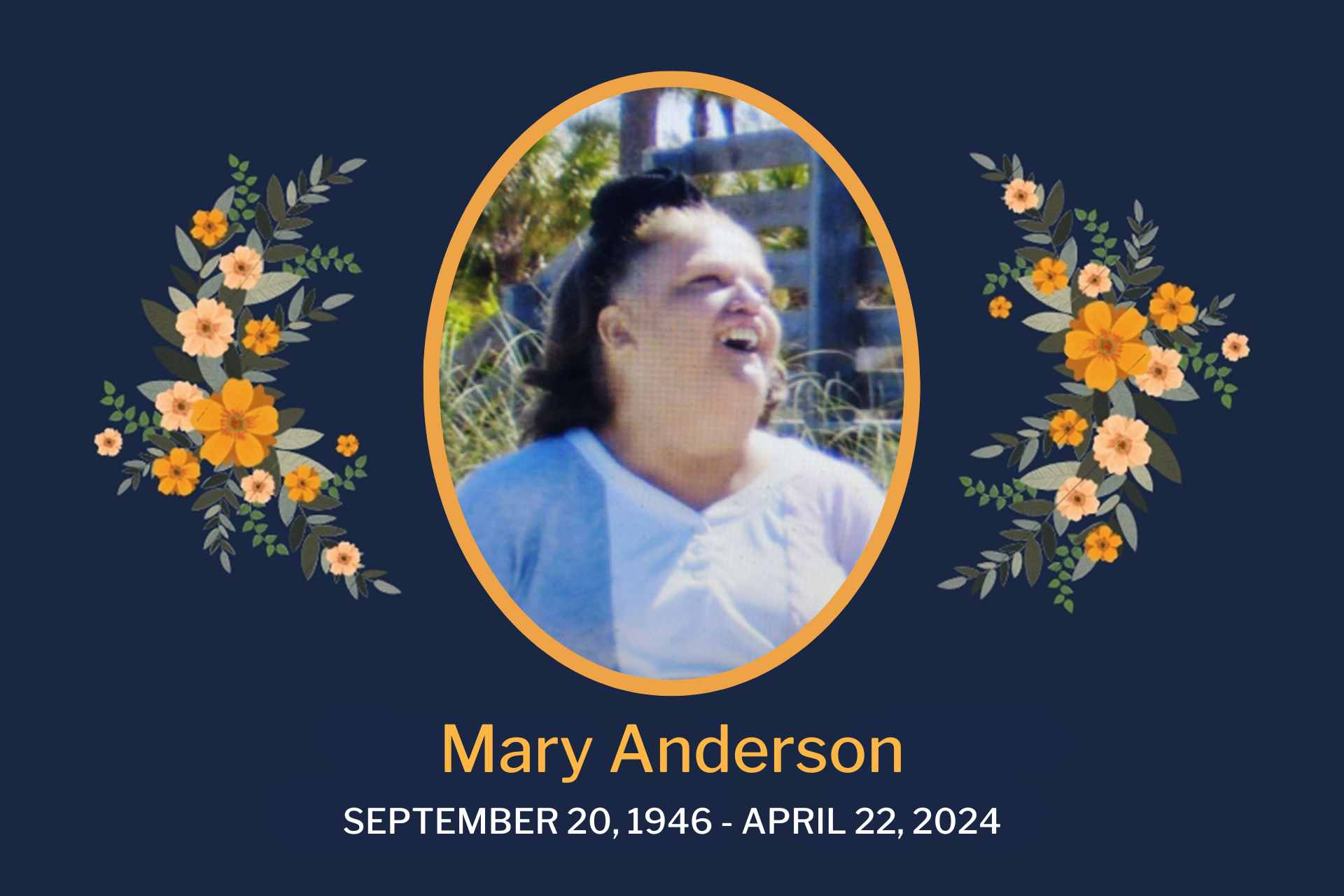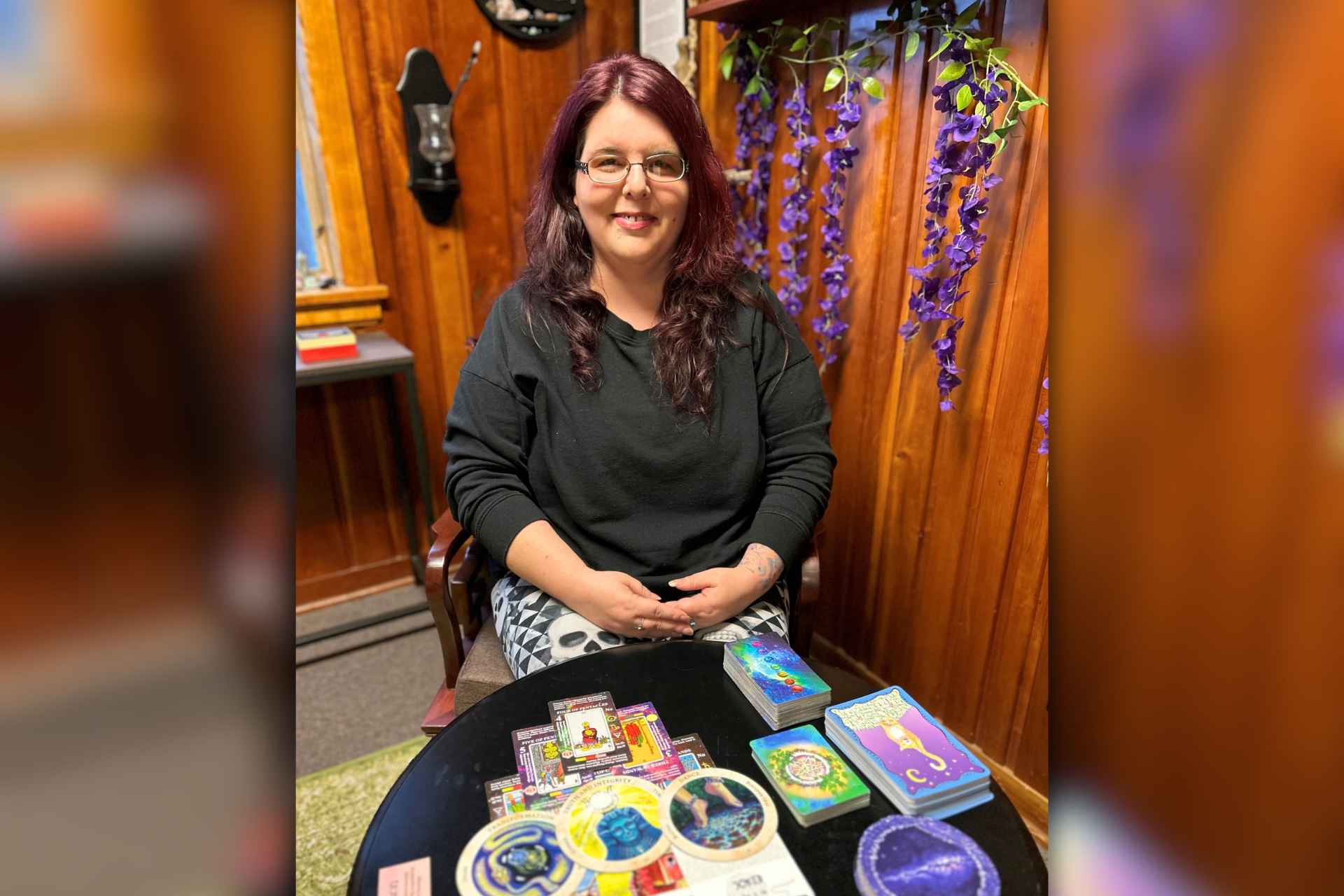Editor’s note: This editorial was originally published by Mountain State Spotlight.
By Eric Eyre, Senior Investigative Reporter at Mountain State Spotlight
When I read the email, it made me cringe.
A lawyer representing a county in West Virginia that’s suing the nation’s largest drug distributors for their role in the opioid crisis grilled a senior executive with AmerisourceBergen about the decade-old email message in federal court Thursday.
The email reveals that while drug overdoses were surging in West Virginia, top executives at AmerisourceBergen, ranked number 10 in the Fortune 500, were having a laugh at our expense. The internal company email features the lyrics to a parody song — sung to the tune of “The Beverly Hillbillies” theme — that ridicules “pillbillies” addicted to OxyContin.
On the ninth day of the landmark opioid trial — which pits Cabell County and the City of Huntington against AmerisourceBergen and two other giant distributors — AmerisourceBergen Senior Vice President Chris Zimmerman downplayed the email, saying he and the company’s employees were just doing their jobs by tracking information about prescription drug diversion on the internet.
“I don’t know if I read the whole thing,” Zimmerman testified Thursday in response to questions from Cabell County’s lawyer, Paul Farrell. “It was a reflection of the environment at the time.”
Zimmerman acknowledged he forwarded the email to the company’s lobbyists, his subordinates and the national trade group that represents drug distributors. AmerisourceBergen’s vice president and chief compliance officer, the director of government relations, company managers and investigators all shared or received the email.
“I sent this to you a month ago — nice to see it recirculated????,” one of Zimmerman’s colleagues at AmerisourceBergen wrote under the subject line, “Saw this and had to share it.”
AmerisourceBergen execs like Zimmerman were aware the truckloads of opioids they were shipping were being abused, according to the lawsuit. They deny that they knew they were profiting from people hooked on OxyContin.
Come and listen to a story about a man named Jed,
A poor mountaineer barely kept his habit fed.
Then one day he was looking at some tube,
And saw Florida had a lax attitude,
About pills, that is, Hillbilly Heroin, “OC.”
The lyrics allude to Florida’s notorious “pain pill” clinics that cranked out illegal prescriptions for OxyContin faster than you could blink, and the pharmacies that filled the bogus scrips, no questions asked, provided you paid in cash. Some people, according to federal reports and court records, would drive or fly south to Florida to pick up painkillers and return home to sell them in the towns and hollows of southern West Virginia and eastern Kentucky, Tennessee and southwestern Ohio. The route was dubbed the “Flamingo Express.”
At the time, drug companies used the Florida connection as a scapegoat to hide their own misconduct. They blamed the prescription drug problem — that’s what it was called before it escalated into a full-blown opioid epidemic — on bands of criminals and drug couriers and illegal syndicates.
Of course, the companies failed to acknowledge that they were supplying the pharmacies in Florida. Soon, they figured out a more profitable alternative and made it easier for people addicted to the drugs to get their OxyContin fix. Their opioid sales to small-town pharmacies across West Virginia were climbing. They didn’t hesitate to meet the demand. They turned on the spigot full blast.
One of the worst offenders was AmerisourceBergen.
Between 2010 and 2011, the Chesterbrook, Pennsylvania-based company’s oxycodone sales increased by 35% in West Virginia. The opioid business was particularly brisk in the state’s southern coalfields. In Raleigh County, AmerisouceBergen sold 30 times more oxycodone tablets in 2011 than it did in 2009. The distributor continued to deliver oxycodone to one pharmacy in Beckley, even after reporting to the U.S. Drug Enforcement Administration that the drugstore had placed more than 100 “suspicious orders” for painkillers in one year.
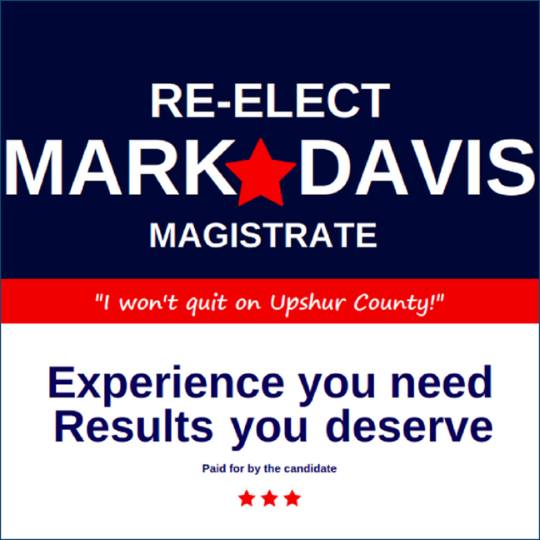
Neighboring Wyoming County, which had the nation’s highest prescription drug overdose death rate between 2009 and 2014, saw its oxycodone deliveries triple after AmerisourceBergen started supplying a mom-and-pop pharmacy in Oceana, a town with 1,400 people that was the subject of an unflinching documentary film called “Oxyana” the following year.
Before becoming an AmerisourceBergen customer, the Oceana pharmacy gave the company’s sales staff a list titled, “Westside Pharmacy Pain Doctors.” The distributor required all of its prospective pharmacies to name their highest-prescribing physicians. Westside Pharmacy listed six.
The pharmacy was filling the doctors’ prescriptions for oxycodone. One of the doctors worked at a pain clinic in Pembroke, Virginia, a two-hour drive from Oceana. Another doctor was writing prescriptions from his office in Washington, D.C, a round trip of nearly 12 hours from the pharmacy. The documents, later obtained by a congressional committee, show no record that AmerisourceBergen investigated why the pharmacy was filling prescriptions for clinics hours away.
Five of the six doctors were eventually convicted on criminal charges. The Oceana pharmacist was indicted last year and is awaiting trial on charges she knowingly filled illegal prescriptions.
Well the first thing you know ol’ Jed’s a drivin’ south,
Kinfolk said Jed don’t put too many in your mouth,
Said Sunny Florida is the place you ought to be,
So they loaded up the truck and drove speedily.
South, that is.
Pain clinics, cash n’ carry.
A bevy of Pillbillies!
I started covering AmerisourceBergen seven years ago. I was a statehouse reporter at the Charleston Gazette (now the Gazette-Mail). I worked out of a dingy pressroom in the basement of the state Capitol building. I got a tip that our newly elected “business-friendly” attorney general, Patrick Morrisey, the first Republican elected to the office since the 1930s, was now overseeing two state lawsuits filed by the 20-year incumbent Democrat who Morrisey defeated. One of the lawsuits was filed against AmerisourceBergen and 11 smaller distributors. The other targeted Cardinal Health, one of AmerisourceBergen’s chief competitors.
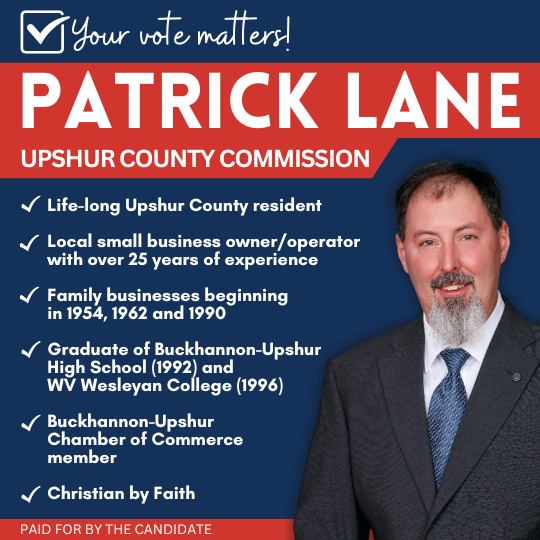
Morrisey’s wife was Cardinal’s top lobbyist on Capitol Hill in Washington. Morrisey had previously lobbied for the trade group that represented AmerisourceBergen and other distributors. AmerisourceBergen’s political action committee had given money to the attorney general’s campaign, and now he was heading up a lawsuit against the company. Morrisey’s critics alleged he was going to settle the lawsuits on the cheap, on terms favorable to the companies or have them dismissed outright. I kept close watch on the cases.
AmerisourceBergen didn’t want the public to know how many prescription painkillers it was shipping to Florida or West Virginia or anywhere else. At first, the company balked at turning over its pill numbers to the attorney general, but later did so after the two sides signed a secrecy agreement to shield the sales data from the public court file. It was becoming increasingly difficult for me to follow the case. AmerisourceBergen was filing document after document under seal. So, too, the attorney general’s office.
My newspaper and I had had enough.
In 2016, the Gazette-Mail filed a motion to intervene in the state’s lawsuit against AmerisourceBergen. The newspaper asked a local judge to unseal the court records. AmerisourceBergen’s lawyers groused that the Gazette-Mail was sticking its “intrusive journalistic nose” where it didn’t belong. As part of a last-ditch plea to keep its pill shipment records secret, the company’s lawyers suggested a curious alternative, offering to unseal an updated complaint with new allegations, provided the judge blacked out “18 words” in the filing. The judge refused.
It turned out AmerisourceBergen wasn’t trying to hide words. It was trying to hide numbers, such as the 90 million oxycodone and hydrocodone pills it shipped to West Virginia between 2007 and 2012, such as the 27 million doses of alprazolam, or Xanax, an anti-anxiety medication, delivered those same years. Mixed together at high doses, the drugs often proved to be a fatal combination.
In early 2017, AmerisourceBergen settled its lawsuit in West Virginia for only $16 million. At the time, the addiction crisis was costing the state an estimated $8.8 billion a year.
About a month after the settlement, the company sent a team of executives from Philadelphia to Charleston, specifically to critique my reporting and to explain that it was a good corporate citizen that only delivered drugs to pharmacies that served patients who truly needed them. We sat around a large table in a conference room at one of West Virginia’s most prestigious corporate law firms. The execs and lawyers lectured me. I listened. They challenged me to name specific drugstores they shipped to that had gotten in trouble with state and federal authorities. I rattled off a few. They disputed each one.
I brought to the meeting the company’s pain-pill shipment numbers to counties, numbers culled from DEA data, and showed them the steep increases in oxycodone sales from one year to the next. The AmerisourceBergen team dismissed my line of questioning as irrelevant. They said what mattered was the size of individual orders, those large enough to draw suspicion. I pushed. They pushed back. They lauded the company’s foolproof program for identifying and blocking suspect orders from individual pharmacies. At length, they snapped their briefcases shut, wheeled their suitcases out of the conference room and caught a flight back to Philadelphia. They had insisted that AmerisourceBergen had done nothing wrong.
Well, now it’s time to say Howdy to Jed and all his kin.
And they’d like to thank Rick Scott for kindly invitin them.
They’re all invited back to this locality,
To have a heapin helpin of Florida hospitality.
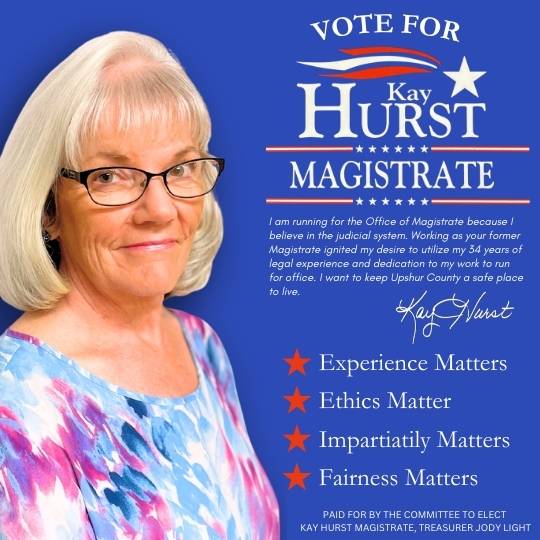
Pill mills, that is. Buy some pills. Take a load home. Y’all come back now, y’hear?
[Rick Scott, now a U.S. senator from Florida, was the state’s governor in 2011.]
In May 2018, a congressional subcommittee summoned the CEOs of the nation’s largest drug distributors to a hearing on Capitol Hill. Five executives sat side-by-side at a table, facing federal lawmakers. The committee’s chairman, Rep. Gregg Harper, R-Mississippi, went down the line, one-by-one, asking each CEO the same question: Did their company play any role in fueling the opioid epidemic? Four answered “no,” one answered “yes.” (His company has since gone out of business.)
AmerisourceBergen CEO Stephen Collis went last: “No, I believe we — it’s a no for AmerisourceBergen.”
Collis didn’t have to answer questions about the satirical “pillbillies” email that day. He most likely never will. The company didn’t release it to congressional investigators amid their inquiry into opioid pill-dumping in West Virginia, as far as I can tell. It wasn’t in the 846 pages of documents the distributors turned over to investigators. The email only came to light as part of sweeping national litigation that seeks to hold AmerisourceBergen and other major distributors accountable for the opioid epidemic. More than 3,000 towns, cities, counties, states and tribal governments are suing the companies.
The non-jury trial here in Charleston is expected to last another 11 weeks. A federal judge will rule whether AmerisourceBergen should be held accountable for its role in the opioid crisis, and, if so, direct the company to pay damages to Cabell County and Huntington, perhaps in the tens of millions of dollars. There will be appeals. And more delays.
Or the two sides could settle before the trial ends. Either way, AmerisourceBergen will deny wrongdoing. Lawyers will scoop up a third of the cash. Politicians will steer the bulk of the money to fill budget holes wrought by the coronavirus shutdown. Only a small percentage, I fear, will be allocated to help West Virginians get through opioid-use disorder treatment, which can take three to five years.
For nearly a decade, AmerisourceBergen shielded the “pillbillies” email from the public. On Thursday, Zimmerman, the AmerisourceBergen executive, said he shares “any information I have” with lobbyists and his colleagues. Farrell, Cabell County’s lawyer, asked him about other emails he wrote and sent and forwarded disparaging hillbillies and “pillbillies.”
“It was in a joking manner,” Zimmerman testified. “The culture at [AmerisourceBergen] is of the highest caliber.”
As the parody song circulated at AmerisourceBergen headquarters, West Virginia was reeling from an avalanche of opioids: babies being born dependent on drugs, families destroyed, soaring jail costs, hospital emergency rooms overrun with people addicted to opioids, thousands of overdose deaths. Across America, more than 420,000 people fatally overdosed between 2011 and 2018.
The COVID-19 pandemic and the economic collapse that followed made the region’s devastating opioid epidemic that much worse. Isolation, anxiety and stress make a poor recipe for recovery. Last year, 1,275 West Virginians died after overdosing on drugs, the largest number on record. We’re still reeling, still fighting an uphill battle.
There’s nothing funny about it.
